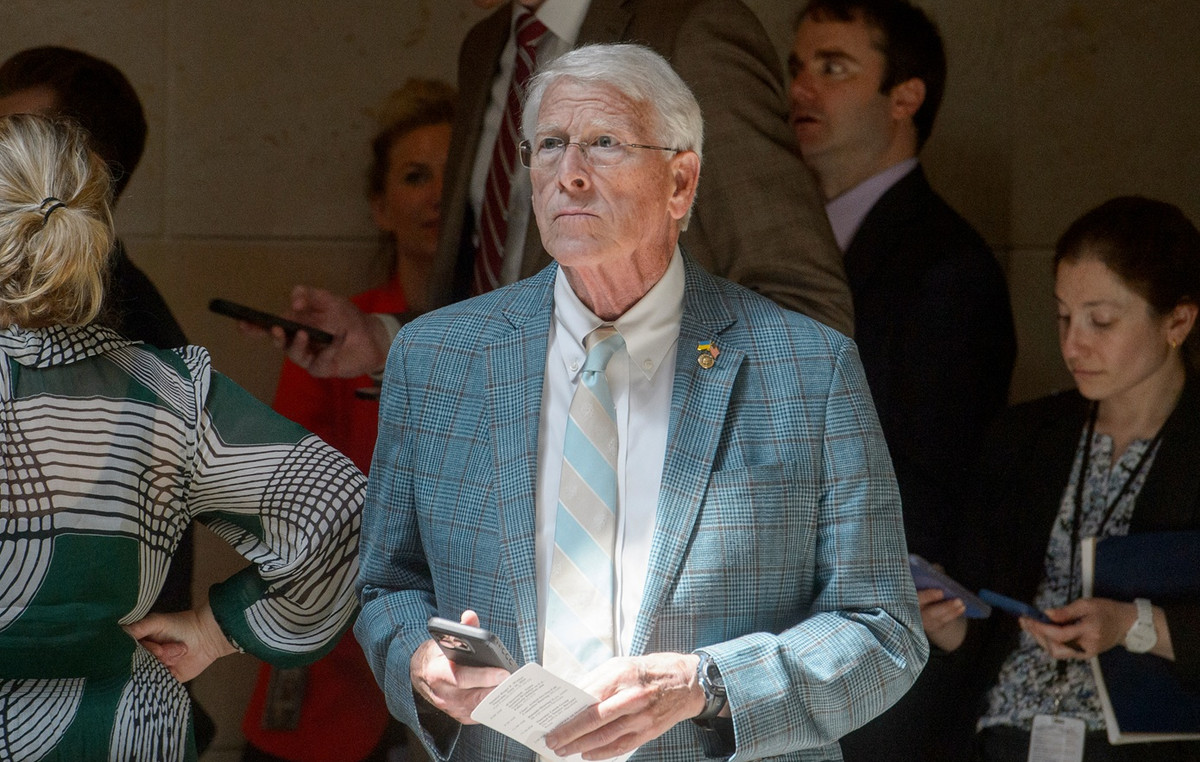- The EUR/USD maintains its position about 1,1745, the highest level since September 2021.
- The US dollar faces difficulties due to renewed concerns about the independence of Fed.
- French president Emmanuel Macron warned that Europe will impose an equivalent tax if the US 10% tariff is maintained.
The EUR/USD extends its winning streak that began on June 18, quoting around 1,1700 during Friday’s Asian hours. The Eur/USD continues to gain ground while the US dollar (USD) faces challenges due to renewed concerns about the independence of the US Federal Reserve (Fed).
The US President Donald Trump called, on The Hague on the margin of the NATO Summit, to the President of the Federal Reserve Jerome Powell “terrible” and shared that he has several potential successors in mind. “I know within three or four people who am I going to choose.” Trump could weaken Powell’s authority by announcing his favorite candidate to lead the Central Bank next year for September or October.
Chicago Fed President Austen Goolsbee said Thursday that political dynamics and the appointment of a so -called shadow president do not influence politics. Goolsbee added: “That would not affect FOMC itself.” “Just look at the minutes and transcripts. You can see, word by word, what is the justification for making decisions, and it is not about elections or partisan policy,” he said according to CNBC.
On Thursday, French president Emmanuel Macron said that he favors a rapid and equitable commercial agreement between the EU and the USA, however, Macron also warned that if a 10% tariff of the United States (USA) is maintained, Europe will respond imposing imposing a lien equivalent to US companies.
The vice president of the European Central Bank (ECB), Luis de Guindos, said Thursday: “The role of the euro can expand if the European Union (EU) advances with reforms.” “The markets are surprisingly calm in recent days given geopolitical events,” he added.
Meanwhile, the head economist of the ECB, Philip Lane, said that “our monetary policy will have to take into account not only the most likely path (the baseline) but also the risks to activity and inflation,” according to Reuters.
Euro Faqs
The euro is the currency of the 19 countries of the European Union that belong to the Eurozone. It is the second most negotiated currency in the world, behind the US dollar. In 2022, it represented 31 % of all foreign exchange transactions, with an average daily business volume of more than 2.2 billion dollars a day. The EUR/USD is the most negotiated currency pair in the world, with an estimate of 30 %of all transactions, followed by the EUR/JPY (4 %), the EUR/GBP (3 %) and the EUR/AU (2 %).
The European Central Bank (ECB), based in Frankfurt (Germany), is the Eurozone reserve bank. The ECB establishes interest rates and manages monetary policy. The main mandate of the ECB is to maintain price stability, which means controlling inflation or stimulating growth. Its main tool is the rise or decrease in interest rates. Relatively high interest rates (or the expectation of higher types) usually benefit the euro and vice versa. The GOVERNMENT BOOK of the ECB makes decisions about monetary policy in meetings that are held eight times a year. The decisions are made by the directors of the National Banks of the Eurozone and six permanent members, including the president of the ECB, Christine Lagarde.
Eurozone inflation data, measured by the harmonized consumer prices index (IPCA), are an important economic indicator for the euro. If inflation increases more than expected, especially if it exceeds 2% of the ECB, it forces the ECB to rise interest rates to control it again. Relatively high interest rates compared to their counterparts usually benefit the euro, since they make the region more attractive as a place for global investors to deposit their money.
Published data measure the health of the economy and can have an impact on the euro. Indicators such as GDP, manufacturing and services PMIs, employment and consumer trust surveys can influence the direction of the single currency. A strong economy is good for the euro. Not only attracts more foreign investment, but it can encourage the ECB to raise interest rates, which will directly strengthen the euro. Otherwise, if economic data is weak, the euro is likely to fall. The economic data of the four largest economies in the euro zone (Germany, France, Italy and Spain) are especially significant, since they represent 75% of the economy of the euro area.
Another important fact that is published on the euro is the commercial balance. This indicator measures the difference between what a country earns with its exports and what you spend on imports during a given period. If a country produces highly demanded export products, its currency will gain value simply by the additional demand created by foreign buyers seeking to buy those goods. Therefore, a positive net trade balance strengthens a currency and vice versa in the case of a negative balance
Source: Fx Street
I am Joshua Winder, a senior-level journalist and editor at World Stock Market. I specialize in covering news related to the stock market and economic trends. With more than 8 years of experience in this field, I have become an expert in financial reporting.







